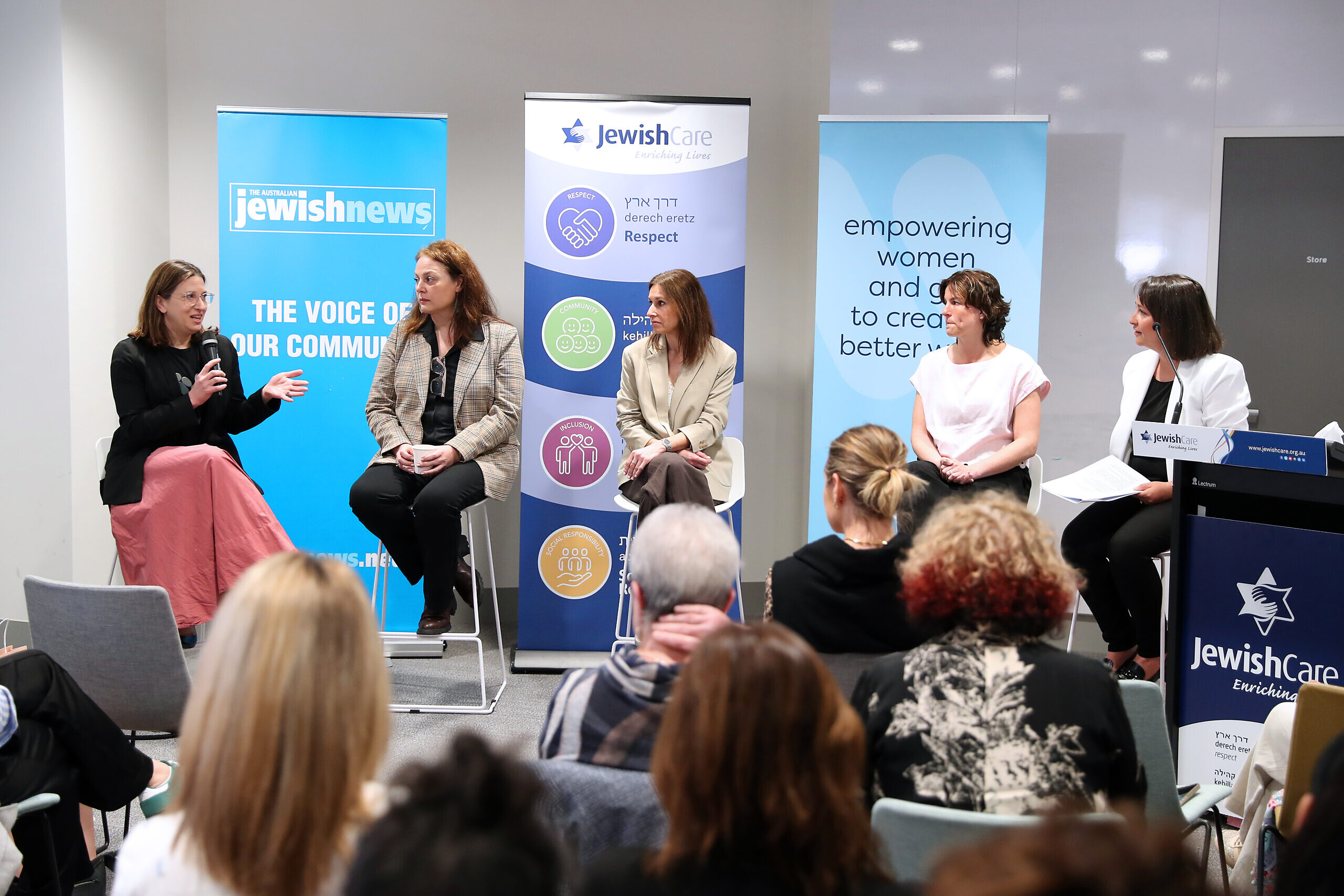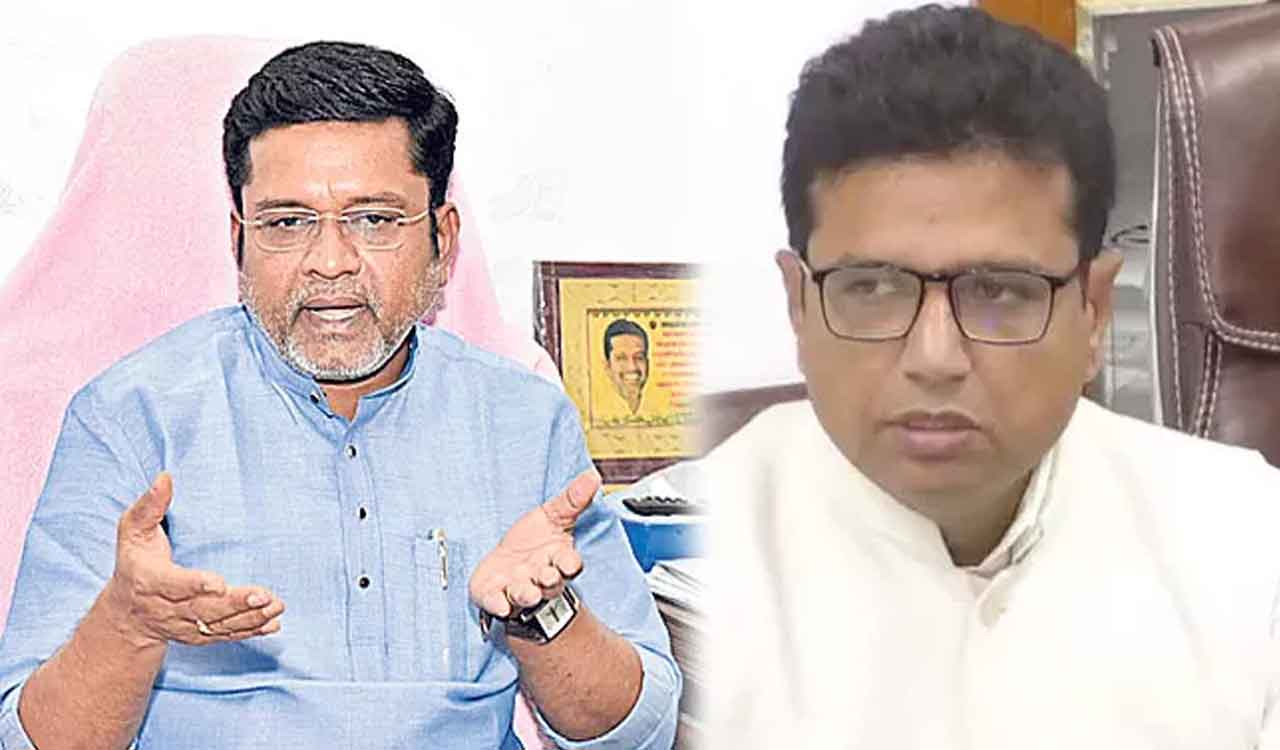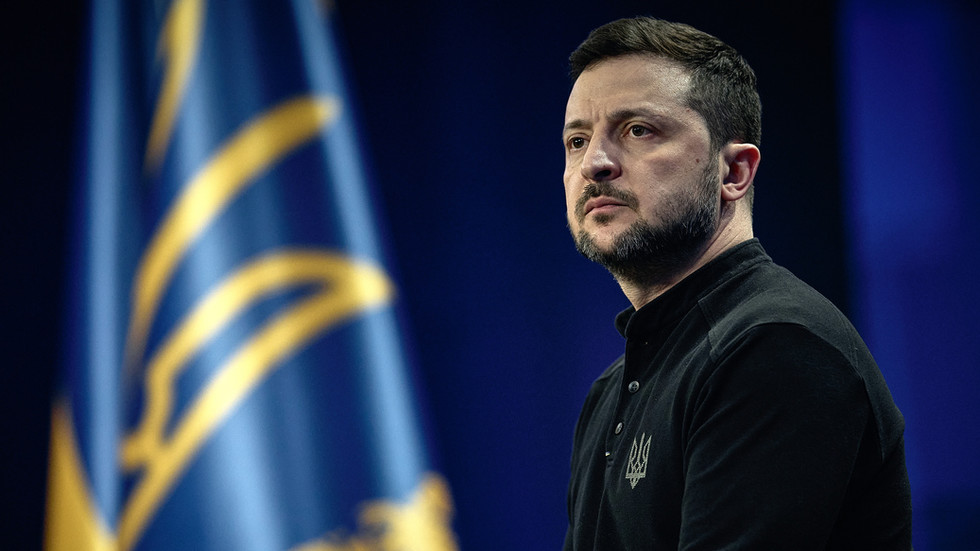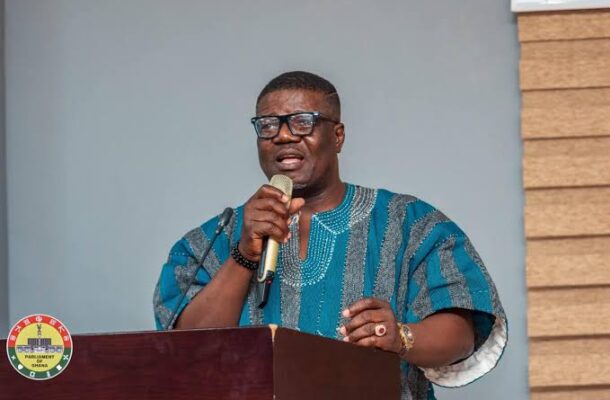Copyright australianjewishnews

Get The AJN Newsletter by email and never miss our top stories Free Sign Up Finding breast cancer early can save lives. That message was the inspiration for a panel discussion on October 24, organised by the Australian Jewish News, Jewish Care Victoria and the National Council of Jewish Women Victoria. The panel comprised St Vincent Hospital breast surgeon Dr Jocelyn Lippey, psychologist Lesley Stafford, and breast cancer warriors Sarah Singer and Rachel Ben-Atar, moderated by the AJN’s Editor-at-large Sharyn Kolieb. The event also launched plans for a cancer support group for women. Opening the event at Jewish Care Windsor Rachel Ash said, “Every day in Australia, 58 people are diagnosed with breast cancer… Today is about listening… but tomorrow is about knowing, knowing that in our community, there is always someone you can call and somewhere you can go for support.” National Council of Jewish Women Victoria President Anna Serry added, “Every conversation we start helps break down a little more silence and builds a stronger, more compassionate community for women at every stage of their cancer experience. No one should walk this journey alone, and the organisations who have come together today know the ripple effect when we support women.” The AJN’s Sharyn Kolieb shared, “When I went through treatment for breast cancer, I really felt that as a community, we could be doing more to raise awareness, because early detection saves lives, as well as to support those who are going through it, as their lives are turned upside down… Thank you for being part of this discussion, and I hope together we can build community.” During the panel discussion, Dr Lippey explained that Jewish people are more likely to carry BRCA gene mutation that can put them at greater risk of breast cancer and other cancers. She advised, “You should see either your GP or a breast specialist to do a personalised risk assessment to see whether it’s worthwhile getting a genetic test and then working out what breast test is best for you.” For those who have anxiety about BRCA testing Dr Stafford suggested, “Know your risks accurately. Information is power… Often genetic counsellors are really good at having that conversation with you.” She said that the next step is to understand controllable factors, including exercise, not drinking, having a healthy body weight, but that “if your anxiety is not manageable… then you need to get more professional help… that might look like going to the GP, getting a referral to see a psychologist or a counsellor.” Dr Lippey recommended mammograms every two years from the age of 40. She works at Breast Screen Australia which provides free mammograms for women over 40, but women are only invited to attend when they are over 50. For women under 40, Dr Lippey advised “breast awareness”, meaning “noticing any changes in the breast and acting on it fast.” Kolieb noted that early detection for young women needs to be significantly improved as currently breast cancer is the leading cause of death from cancer for women under 40. The panel discussion also looked at the psychological impact of diagnosis, particularly loss and fear. Dr Stafford has counselled many patients and said, “A lot of the time you lose lots of tangible things, like potentially your hair or bits of your breast or both breasts, but you lose lots of intangible things too, like your peace of mind, your identity, sexuality. Some women lose hope. You can lose your job. There’s lots of loss, there’s a lot of grief… The other broad theme… is fear and worry… worrying about your children to worrying about pain, worrying about death. And that anxiety, of course, is then what fuels the presentations of fear of recurrence and fear of progression.” Sarah Singer discussed that she had treatment for breast cancer and two years later learnt she had a BRCA1 fault and took preventative action. Now she is exploring BRCA testing with her adult daughters and preventative treatments believing “knowledge is power”. She has called for better support within the Jewish community for young women navigating a BRCA gene fault. Rachel Ben-Atar also shared her story of being diagnosed with stage 3 breast cancer at 37, two years ago. Discussing the unique challenges young women face she said, “Doing the things a normal mum and woman would do… managing a home, cleaning, the shopping, the cooking that is put on hold. But one thing that even now happens is your [brain] fog… It’s really hard to think of your thoughts and get things out… It takes a long time to get to that place of feeling good. I’m still trying to find it.” To help Jewish women battling cancer feel supported, Jewish Care Victoria and the NCJW Victoria are working towards launching a cancer support group for women. To register your interest, contact Jewish Care’s Rachel Ash R.Ash@jewishcare.org.au To donate to the cancer support group visit: https://www.jewishcare.org.au/page/get-involved/jcv-community-cancer-support-group-donations



